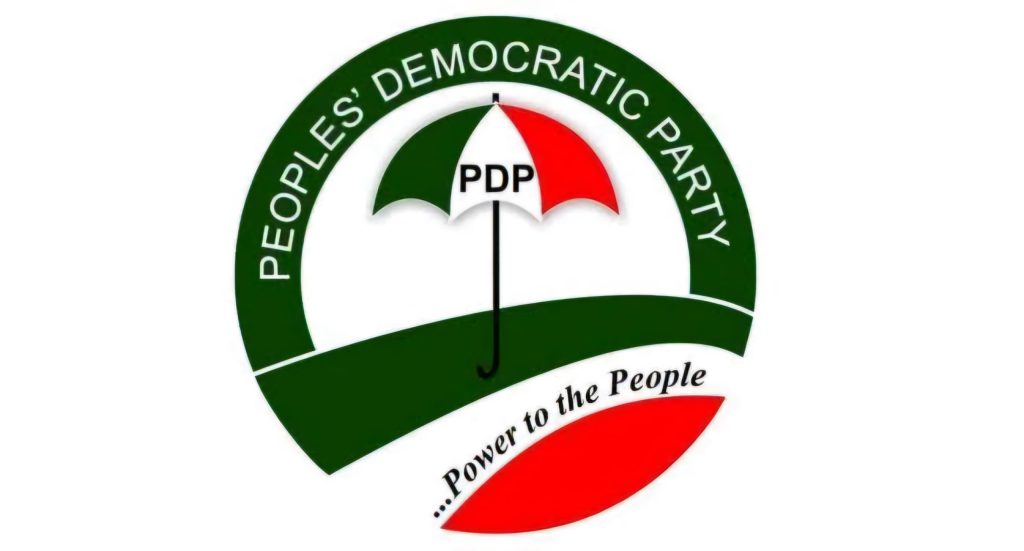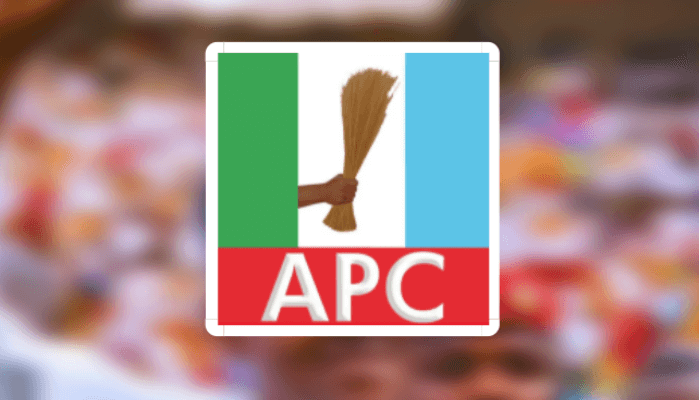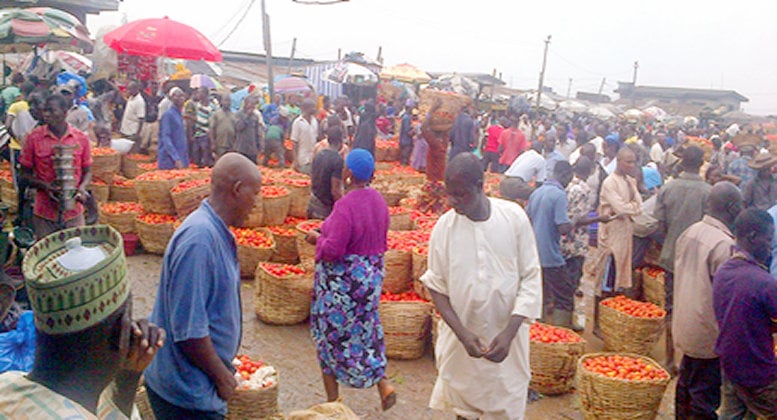The White House has accused the BBC of being “purposefully dishonest” in its depiction of the 2021 US Capitol riots. The broadcaster has faced criticism for allegedly misleading viewers by editing a speech by President Donald Trump. The edited clip appears to show Trump telling supporters to “walk down to the Capitol and fight like hell,” but according to reports, the footage was spliced together from remarks made 54 minutes apart.
The controversy surrounds a BBC Panorama episode on the Capitol riots, which included the edited footage of Trump’s speech. White House press secretary Karoline Leavitt has criticized the BBC for showing “selectively edited” footage, calling the broadcaster “total, 100 percent fake news.” Leavitt argued that UK taxpayers are being “forced to foot the bill for a Leftist propaganda machine.”
The BBC has responded to the accusation, stating that its editorial guidelines and standards committee considers differing views and opinions of its coverage. A spokesperson for the broadcaster said that when the BBC receives feedback, it takes it seriously and considers it carefully.
The incident has sparked debate about media bias and the accuracy of reporting. The 2021 US Capitol riots were a significant event in American politics, and the way they are portrayed in the media can have a substantial impact on public perception. The BBC has a reputation for impartiality, and the allegations of selective editing have raised concerns about the broadcaster’s commitment to accuracy.
The US Capitol riots took place on January 6, 2021, when a mob of supporters of President Trump stormed the Capitol building, resulting in violence and destruction. The event was widely condemned, and it has been the subject of numerous investigations and media reports. The BBC’s coverage of the event has been widely watched and scrutinized, and the allegations of selective editing have added to the controversy surrounding the broadcaster’s reporting.
The dispute between the White House and the BBC highlights the challenges of reporting on complex and sensitive topics. The incident serves as a reminder of the importance of accuracy and impartiality in journalism, and the need for media organizations to be transparent and accountable in their reporting. As the media landscape continues to evolve, the debate about media bias and accuracy is likely to remain a significant issue.



